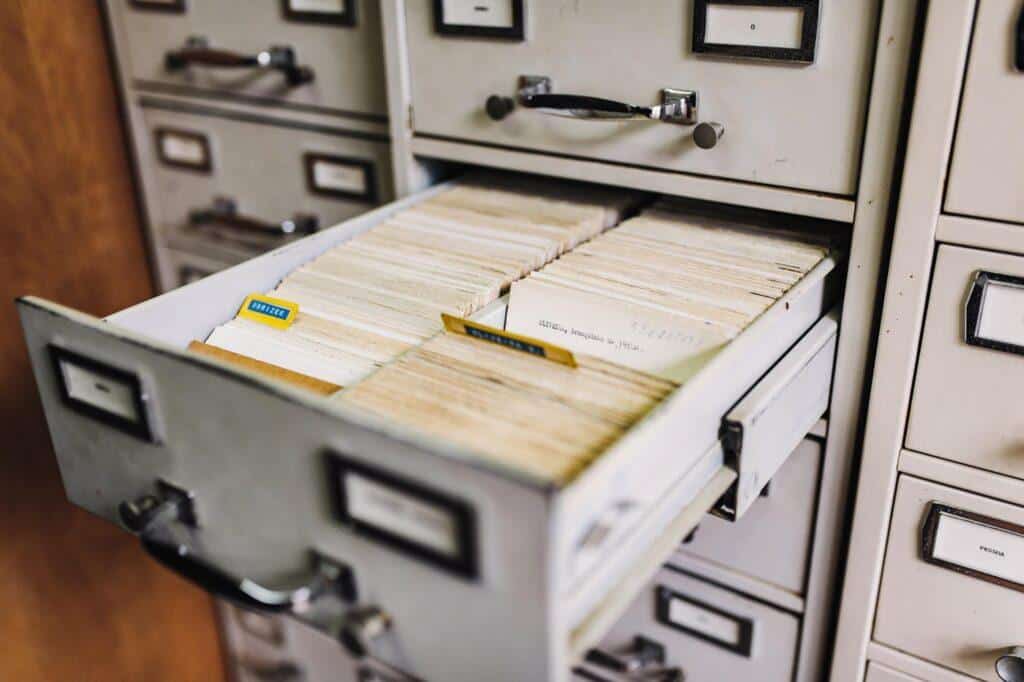
A criminal conviction in New York State can have far-reaching negative consequences. Being convicted of even a single misdemeanor offense means having a permanent criminal record.
In 2017, New York passed an expansive new law, Criminal Procedure (CPL) § 160.59, that makes sealing one’s criminal record possible. While certain offenses trigger an automatic seal after a set time period, the new law allows individuals to apply to have a wider range of crimes and violations hidden from the general public.
Except for people charged with some marijuana crimes, New York has no laws that allow you to erase or “expunge” criminal records. However, New York law does allow a process called sealing for some cases. Sealing means that the record still exists, but all related fingerprint and palmprint cards, booking photos, and DNA samples may be returned to you or destroyed (note: digital fingerprints are not destroyed if you already have fingerprints on file from a different unsealed case). The records of the Department of Criminal Justice System, Police, Prosecutor, and in some cases, court records, are hidden from the public.
While they are removed from public view, these records can be accessed by law enforcement and criminal justice personnel. They do not completely disappear. Having your records sealed can help with a new beginning, which is important for offenders who have faced the penalties for their crimes and are applying for a new job or license. It’s important to note, however, that even if your records are restricted, you cannot claim that you do not have a criminal record– the record will always exist.
Automatically Sealed Records
In instances when your records are automatically sealed, the court notifies the Department of Criminal Justice System and the Police. All records are sealed, including court records.
Automatically Sealed Records:
- Cases where you got a Good Result. (Criminal Procedure (CPL) §160.50) Criminal records are automatically sealed when the defendant gets a good result (called a favorable disposition) in a criminal case. Good results include: Acquittal, Dismissal, Decline Prosecution, Order Setting Aside the Verdict, among others.
- Crimes Committed by Children, (Criminal Procedure (CPL) §10.00)
- Crimes committed by Youthful Offenders. (Criminal Procedure (CPL) §720.35)
- Violations and Traffic Infractions. (Criminal Procedure (CPL) §160.55) Some cases, including disorderly conduct, trespass, and loitering, are partially sealed.
It’s important to know that there is still a limit as to how many records can be sealed and the kinds of offenses that are eligible.
What Crimes Can Not Be Sealed In New York
There are a number of criminal charges that CAN NOT be sealed or restricted from public view, as defined under CPL 160.59.1(a).
Some of these crimes include:
- Child molestation, predatory assault against a child, and reckless assault against a child
- Aggravated sexual abuse, predatory sexual assault, sexual misconduct, forcible touching, strangulation, and gang assault
- Arson, burglary, robbery, and stalking
- Any other Class A, B, C, D, or E felony offense
- Any crime that requires the convicted person to register as a sexual offender
Any offense, no matter how small, can have a negative impact on your quality of life, so you should reach out to an experienced criminal defense attorney who will be able to tell you if your offense is eligible for sealing.
Want To Seal Your Criminal Record? You Need to Hire a Criminal Attorney
Though the punishments for crimes differ, any conviction has the potential to impact your permanent record and affect you for the rest of your life. Sealing that criminal record, however, can be a game changer. Those wanting to seal their criminal records need the expertise of Adam Bolotin, a criminal defense attorney that knows the ins and outs of the criminal justice system. Adam Bolotin has many years of experience successfully sealing criminal records. If you or a loved one want to seal a criminal record, Contact Adam Bolotin Law today at 646-368-8688, or Click Here to schedule a free consultation.








